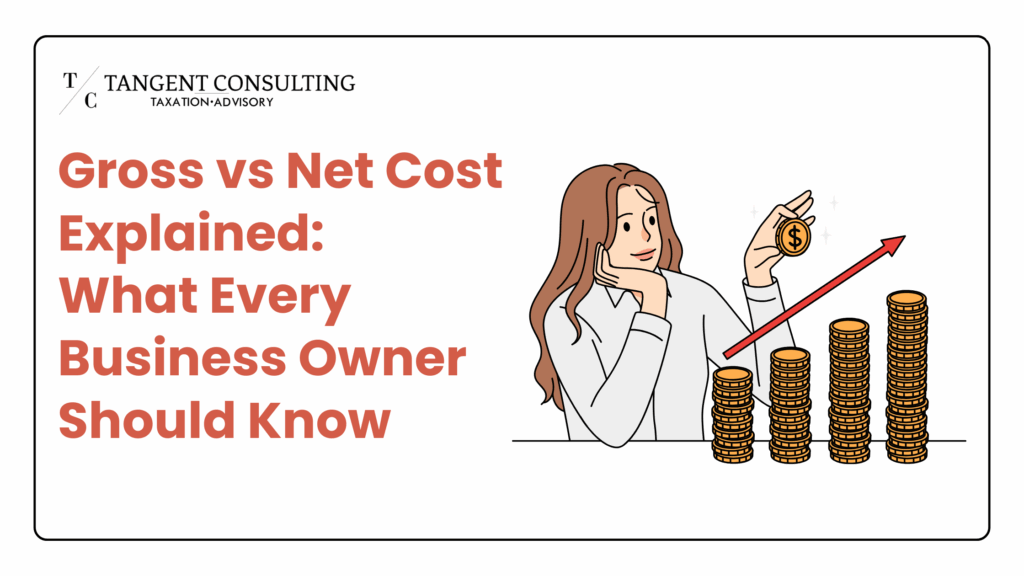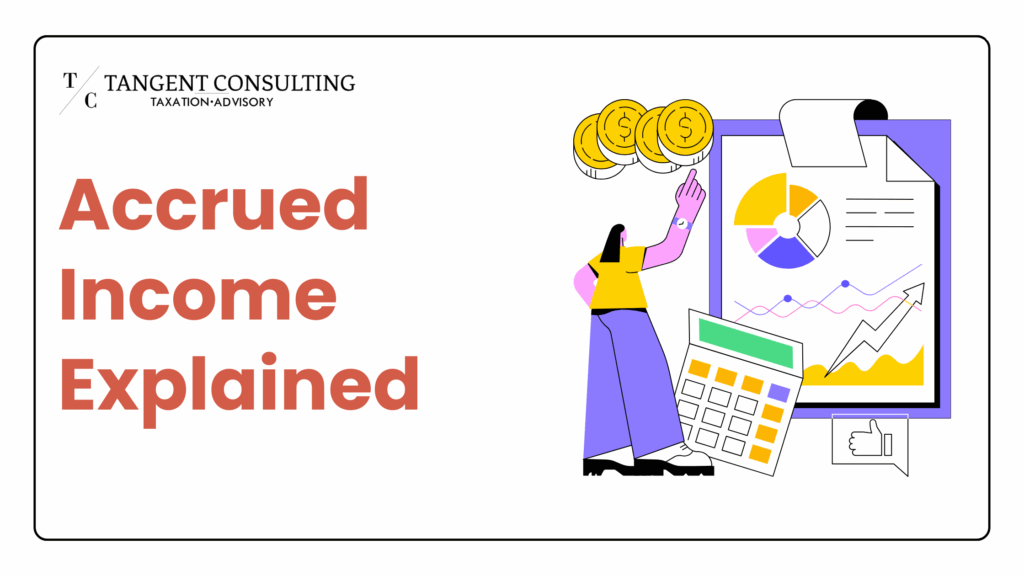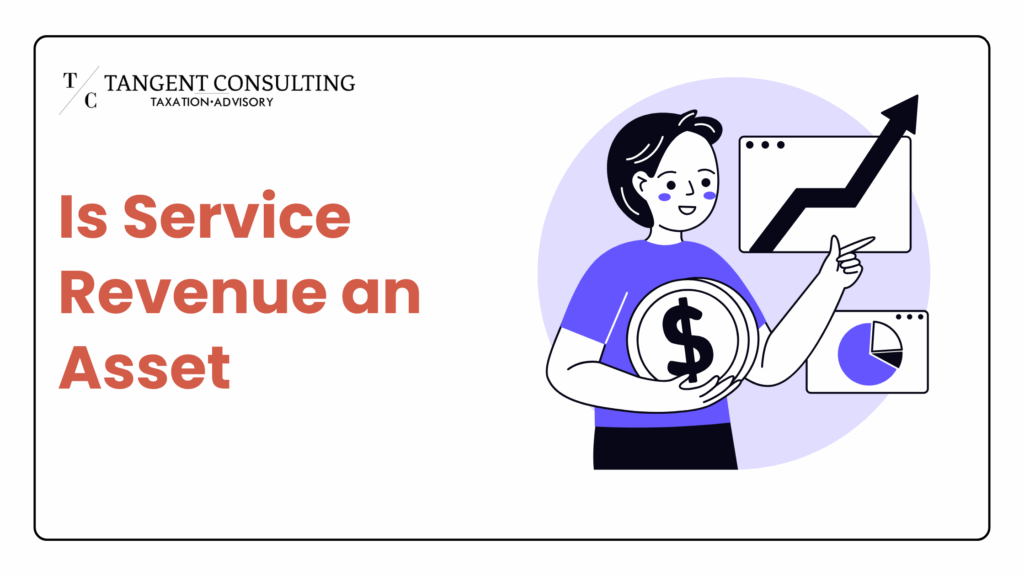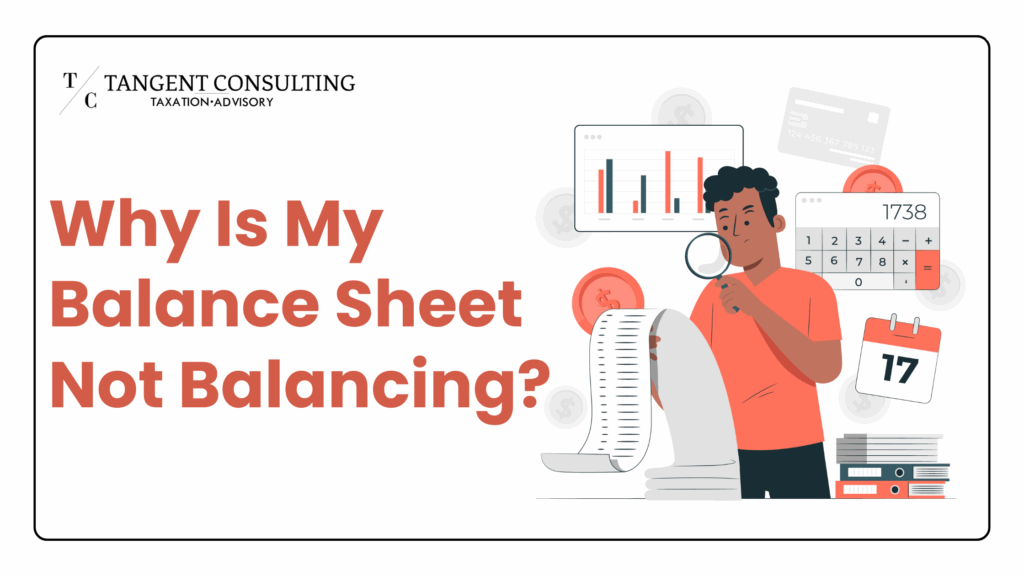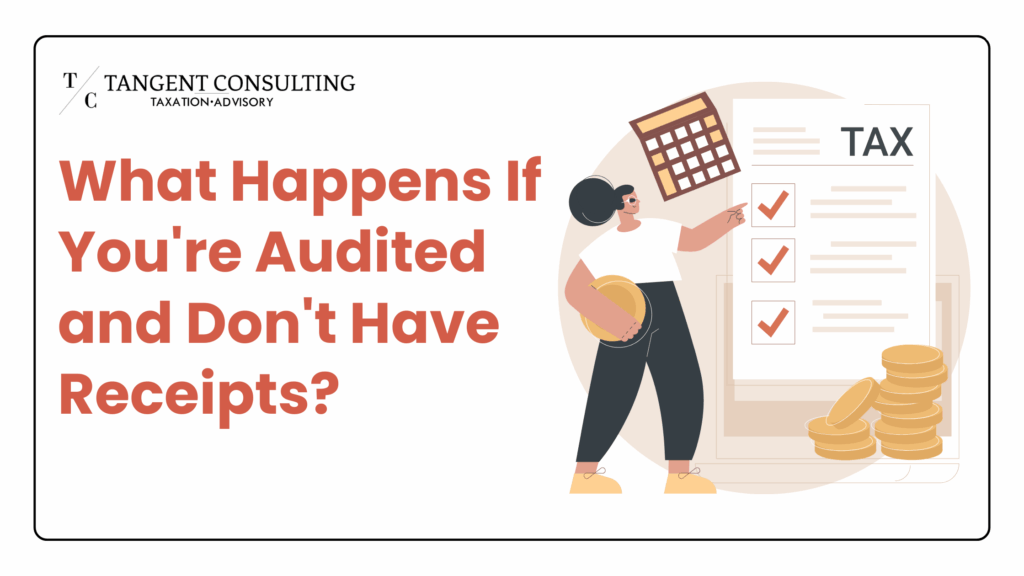Understanding the difference between gross cost and net cost is essential for your bottom line. If you’re pricing your products or services, negotiating with suppliers, or calculating profit margins, knowing what you spend versus what appears on the invoice is super important. Gross cost refers to the total amount you pay before deductions. It includes […]
What is CIP Accounting? Explained for Contractors and Project-Based Businesses
Construction-in-progress (CIP) accounting tracks the costs associated with ongoing construction projects. It is crucial for ensuring accurate financial reporting for construction companies, especially those managing long-term, multi-phase developments. CIP is a specific accounting approach for property, plant, and equipment assets in the construction phase that is not yet ready for use. Rather than being recorded […]
Accrued Income Explained: The Essential Guide to Your Business
Accrued income refers to revenue earned from goods or services a company has delivered but hasn’t yet received payment. It’s an asset on the balance sheet because it represents money owed to your business for work already completed within a specific accounting period. Suppose you finished a project in March, but the customer pays in […]
Can I Switch from a Sole Proprietorship to an LLC?
You can switch from a sole proprietorship to a limited liability company (LLC). The process typically includes registering the LLC with your state, obtaining a new Employer Identification Number (EIN), updating your business bank accounts, and notifying the IRS. You’ll need to formally transfer your business assets, licenses, and registrations to the new entity (more […]
Is Service Revenue an Asset?
No, service revenue is not considered an asset. It’s a type of revenue that represents income generated from providing services, not something owned or controlled like equipment or cash. In the double-entry system, service revenue is recorded on the income statement. It increases net income, boosting the owner’s equity on the balance sheet, but […]
Why Is My Balance Sheet Not Balancing?
When your balance sheet doesn’t balance, it’s usually a red flag that something is off in the basic accounting equation: Assets = Liabilities + Equity If the assets are less than the total liabilities and equity, your numbers aren’t syncing. This can jeopardize everything from your cash flow statement to your financial modelling. Don’t Let […]
Are Real Estate Commissions Tax Deductible?
It depends on the nature of the property and your intent when selling it. If you’re a business owner or investor selling an investment property, real estate agent commissions are generally tax deductible as part of your selling expenses. These costs reduce your capital gain by lowering the profit from the sale. However, if you […]
What Happens If You’re Audited and Don’t Have Receipts?
Being audited without proper receipts is like explaining a group project without bringing your notes. If the IRS or CRA audits your return and you can’t produce supporting documentation, they can deny those deductions, increase your tax liability, and potentially hit you with penalties and interest. Let’s break down what could happen if you don’t […]
The Role of Accounting in Mergers and Acquisitions Explained
Accounting in mergers and acquisitions (M&A) is central to any business deal. From due diligence before the deal to financial reporting and compliance afterwards, acquisition accounting plays a pivotal role at every stage. Accountants help assess the true value of a target company, identify assets acquired and liabilities assumed, and ensure the transaction is structured […]
Can I lease my vehicle to my LLC?
Yes, you can lease your personal vehicle to your LLC, but you have to be mindful of some things. To keep things legit and tax-compliant, you’ll need a written lease agreement outlining the monthly lease, usage limits, operating expenses, and who’s responsible for insurance, registration fees, and maintenance. How Leasing a Car to Your Business […]

